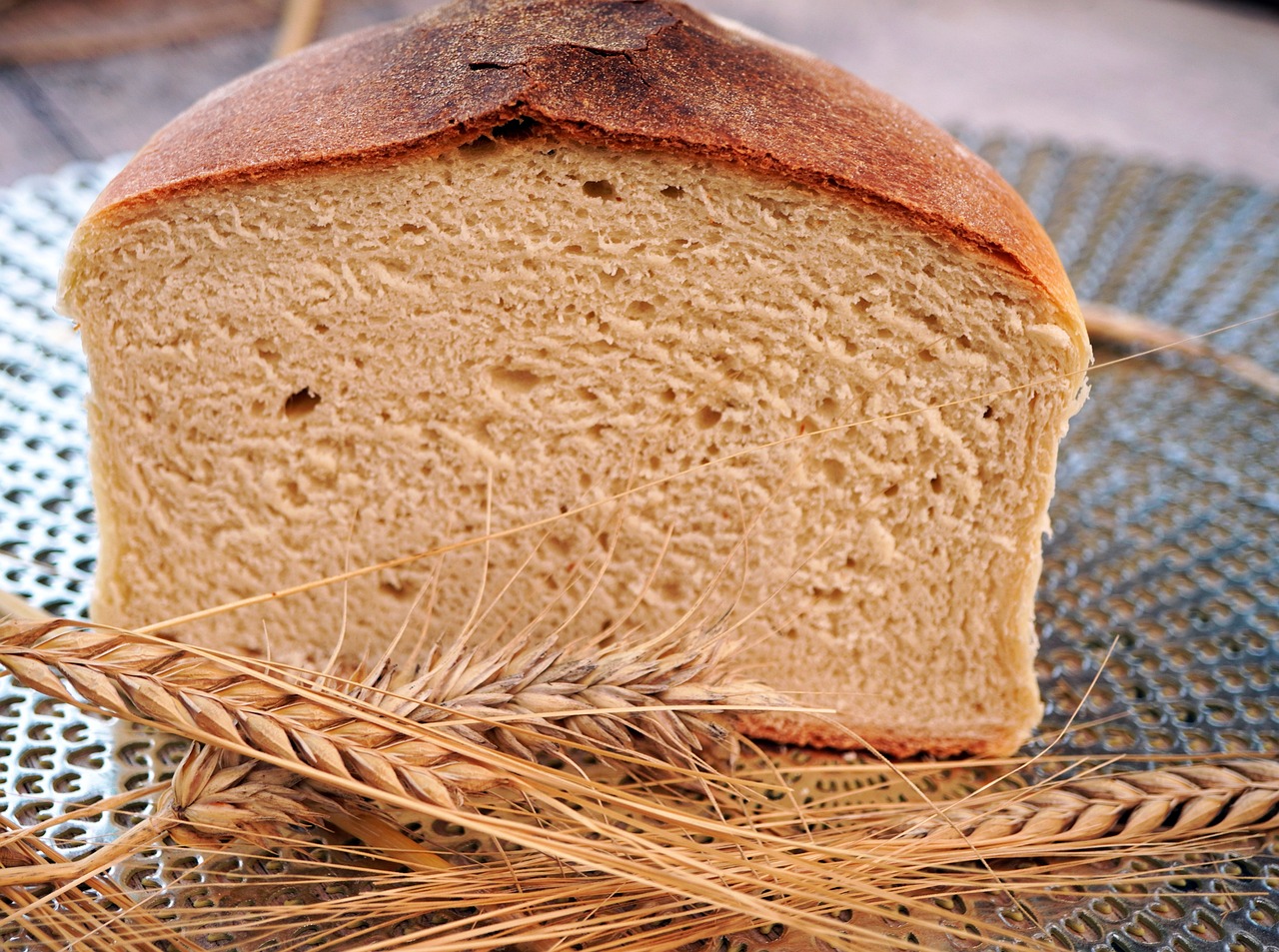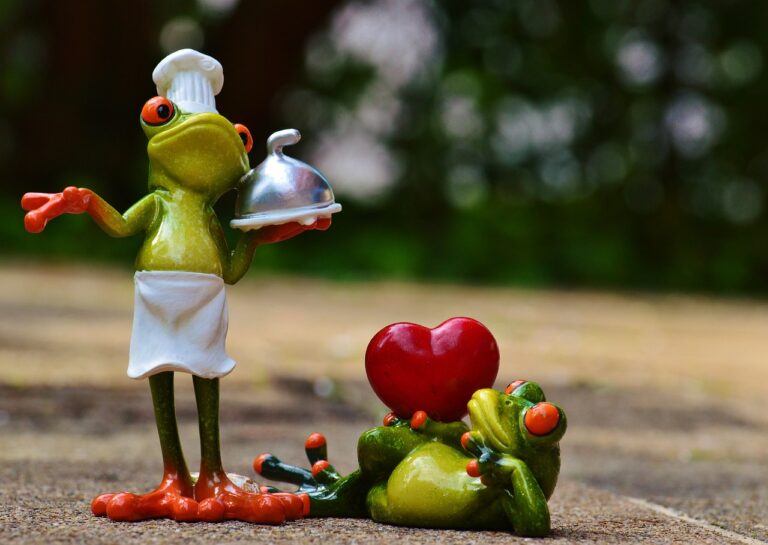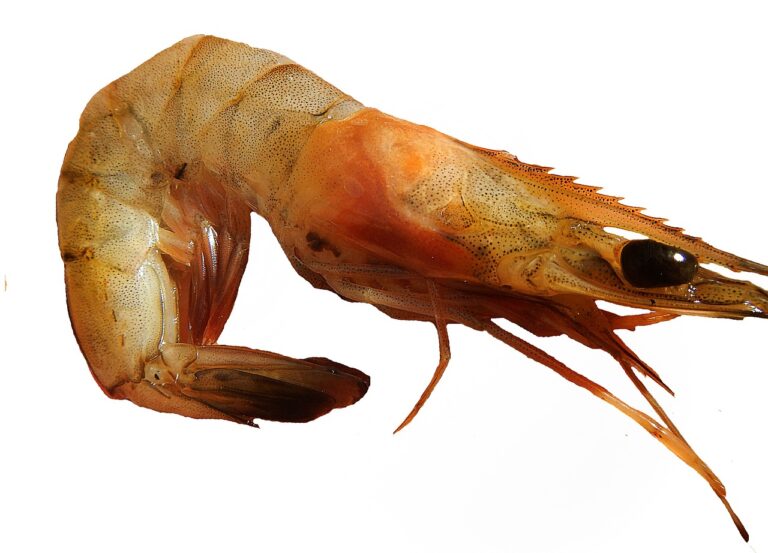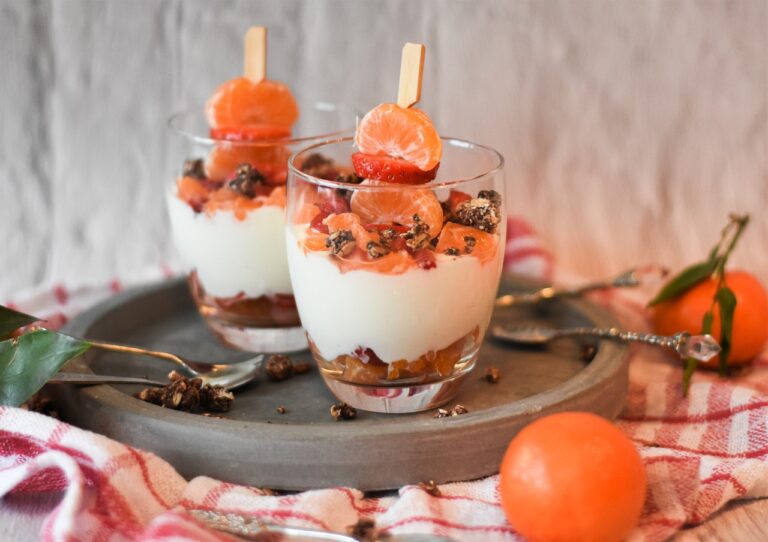The Rise of Food Influencers: How Social Media Personalities are Shaping Food Trends
Social media has revolutionized the way we interact with the world around us. From connecting with friends and family to discovering new products and services, social platforms have become a central part of our daily lives. One of the most interesting phenomena to emerge from this digital age is the rise of food influencers.
What are Food Influencers?
Food influencers are individuals who have amassed a following on social media platforms like Instagram, YouTube, and TikTok by sharing content related to food. These influencers often create visually appealing photos and videos of dishes they have cooked or restaurants they have visited, and share them with their audiences. Their engaging content and relatable personalities have helped them gain a loyal following of food enthusiasts who look to them for inspiration and recommendations.
How Food Influencers are Shaping Food Trends
Food influencers have a significant impact on shaping food trends. By showcasing unique and creative dishes, they have the power to influence the way we perceive and consume food. Many food influencers have popularized certain ingredients, cooking techniques, and cuisines that have gone on to become mainstream trends. For example, avocado toast, unicorn-themed foods, and plant-based alternatives have all gained popularity thanks to the influence of food influencers.
The Power of Visual Storytelling
One of the key reasons why food influencers are so successful is their ability to tell a compelling visual story. Through high-quality photos and videos, they can showcase the beauty and creativity of food in a way that captivates their audience. Their visually appealing content not only inspires their followers to try new dishes but also helps them develop a deeper appreciation for food as a form of art.
Building a Personal Brand
Food influencers often build a personal brand around their content, establishing themselves as experts in the culinary world. By sharing their personal cooking tips, recipe ideas, and restaurant recommendations, they have become trusted sources of information for their followers. Many food influencers have even been able to monetize their platforms through sponsored content, partnerships with brands, and collaborations with restaurants.
Challenges and Controversies
While food influencers have undoubtedly had a positive impact on the food industry, they have also faced their fair share of challenges and controversies. Some critics argue that food influencers promote unhealthy eating habits or unrealistic standards of beauty. Others question the authenticity of their content, suggesting that some influencers may prioritize brand partnerships over genuine recommendations.
FAQs
What is the role of food influencers in shaping food culture?
Food influencers play a significant role in shaping food culture by introducing new ingredients, cooking techniques, and dishes to their followers. They have the power to influence the way we think about and consume food, making them important tastemakers in the culinary world.
How do food influencers monetize their platforms?
Food influencers can monetize their platforms through sponsored content, brand partnerships, and collaborations with restaurants. They may also sell their own products, offer cooking classes, or host events to generate income from their online presence.
What are some common criticisms of food influencers?
Some common criticisms of food influencers include promoting unhealthy eating habits, prioritizing brand partnerships over genuine recommendations, and contributing to food waste through excessive consumption. It is important for food influencers to be mindful of these criticisms and strive to create content that is both authentic and responsible.







